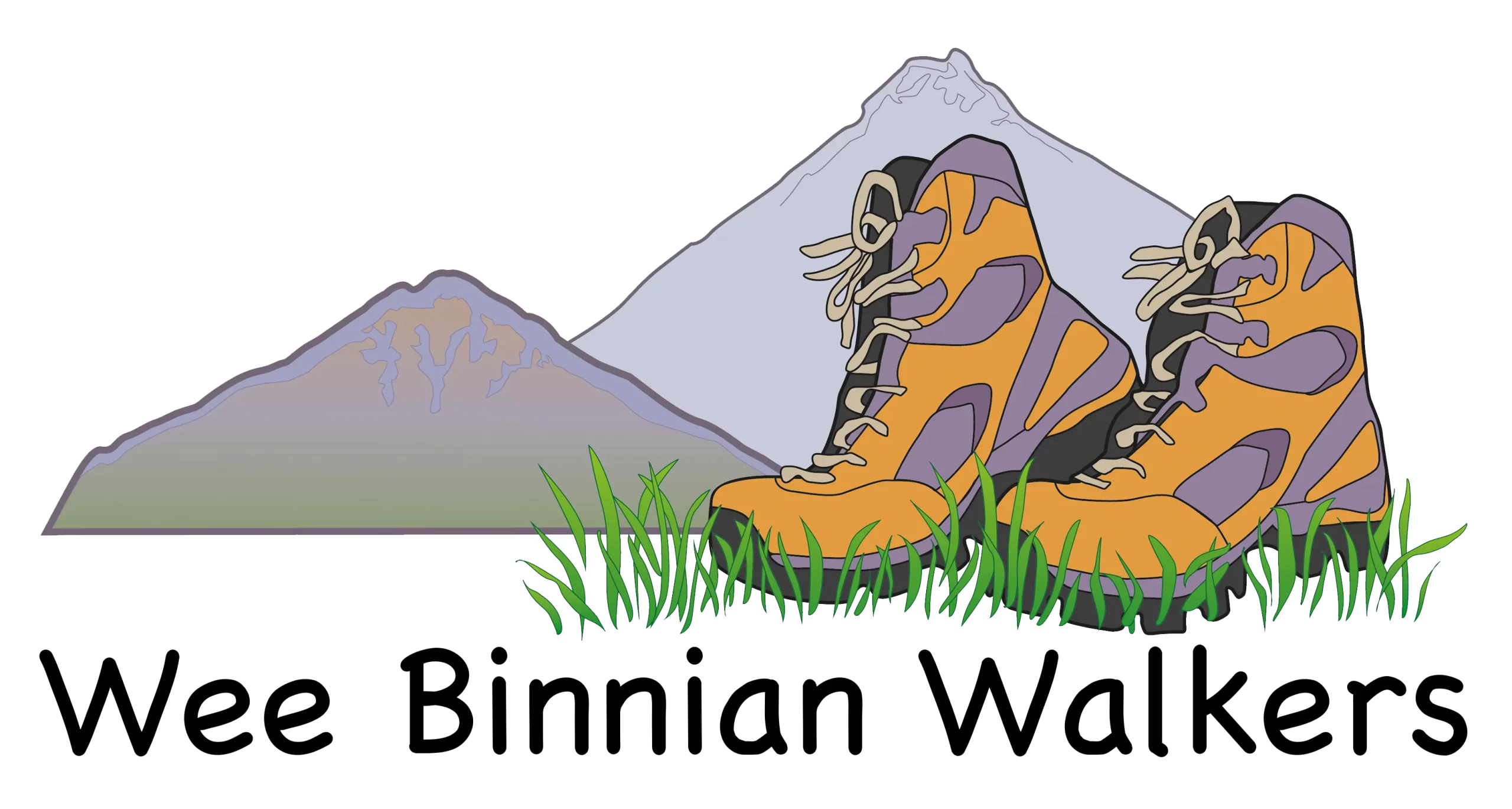What we ask of you...
First up the not so nice stuff ………… risks
All walkers should be aware hill walking/hiking is an adventure sport and carries an inherent risk of personal injury. Participants need to be aware of and accept these risks. Those taking part in club activities do so at their own risk and are responsible for their own actions and involvement. Members are encouraged to acquire, where they feel appropriate, personal accident insurance to cover for loss of earnings due to injury on the hills.
None of our walks can be regarded as suitable for beginners [see Walk Classifications] so it’s important to be reasonably fit. If you need further information just check out our suggested training programme [see Fitness link] or refer to our Frequently Asked Questions (FAQs) section.
Anyone joining one of our walks is asked to cooperate with leaders and accept their advice and instruction. If a leader thinks you are not adequately equipped they may feel the need to ask you not to walk.
For your safety and comfort
We suggest the minimum requirements to bring with you are:
- Rucksack – adequate clothing (layers are the best option) – jeans not recommended
- Walking boots (sandals or trainers NOT recommended)
- Walking/hiking/treking poles (pair)
- Hat and gloves
- Raincoat and waterproof over-trousers/leggings
- Packed lunch, flask (hot drink) and at least 1 litre water
Useful to have:
- Torch (head torch preferable) / extra batteries
- Bivvy bag
- Basic First Aid kit (or at least plasters and bandages)
- Whistle (plastic preferable)
And a few more items which are just good ideas:
- Laminated map
- Compass
- Emergency rations (e.g. spare chocolate bars)
- Change of clothing (to be left in car)
Leave no Trace:
- As a Club we adhere to a ‘Leave no Trace‘ ethic and take ALL litter home after walks. If we bring it up, we bring it back down again.Please consider this, not just on club walks and outings, but, in all your outdoor activities. It may be useful to consider the guiding principles at the heart of Leave No Trace:-
- plan ahead and prepare;
- travel and camp on durable surfaces;
- dispose of waste properly;
- leave what you find;
- minimise campfire impacts;
- respect wildlife; and
- be considerate of other visitors.



